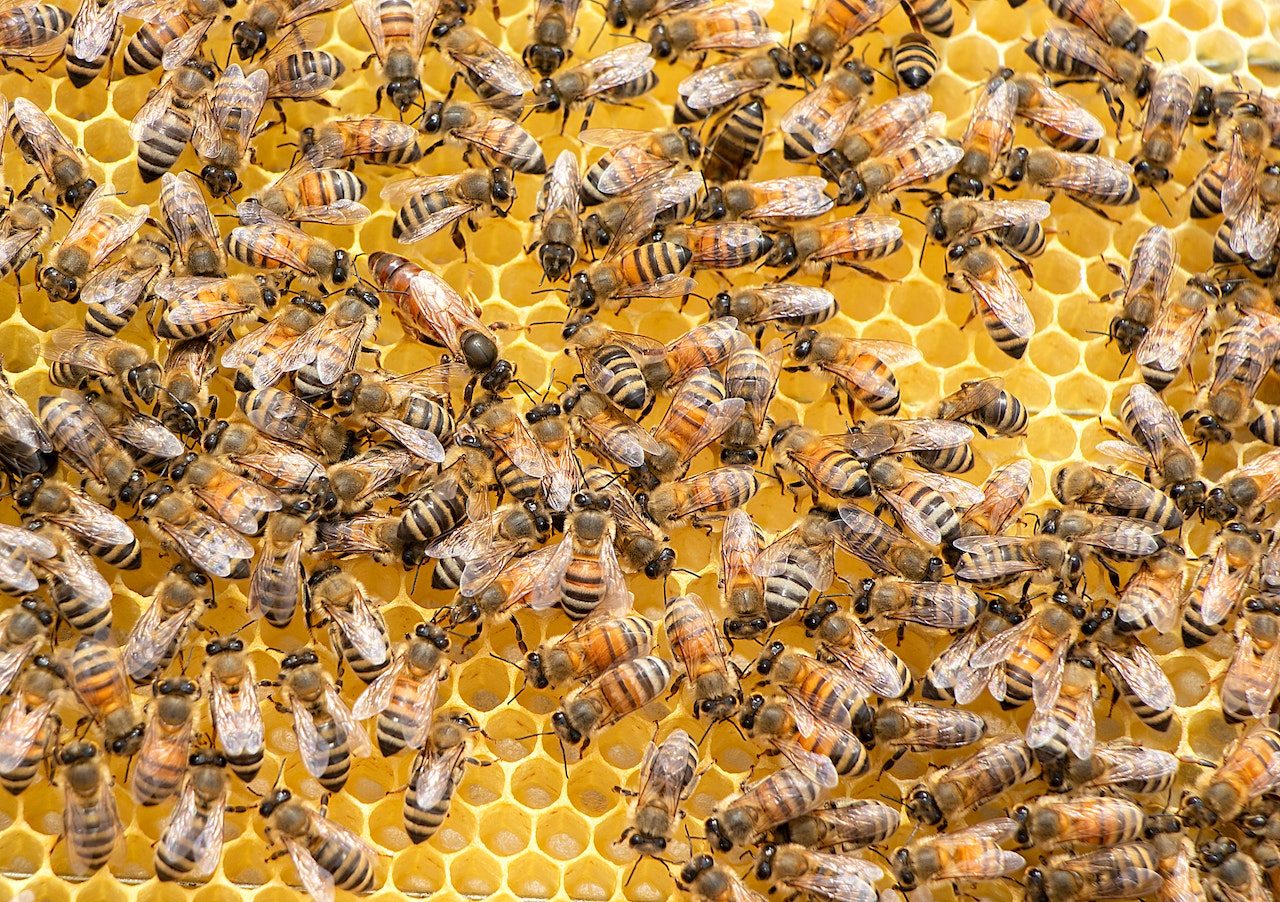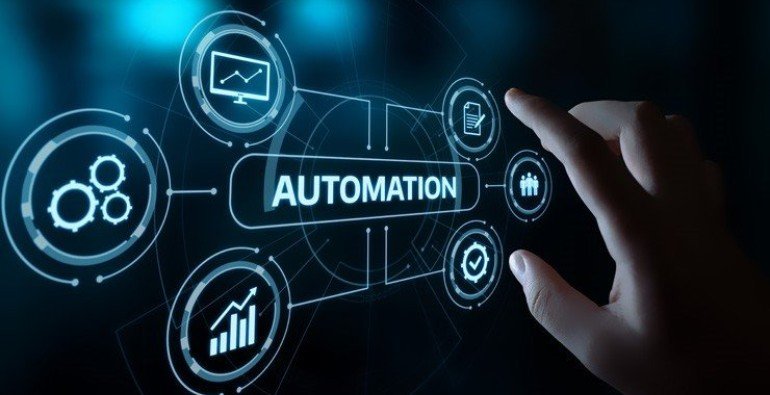Six planning lessons from nature (swarm intelligence)
In this blog I want to focus on lessons we can learn from Nature to apply to supply chain processes. Mother Nature, with her adaptability, flexibility and self healing capabilities has many secrets for us to find and unravel. What we see and are capable of understanding from Nature, proves to contain valuable lessons for life as well as specific domains like supply chain. In this blog I want to focus in more detail on ‘swarm intelligence’, which is the collective behaviour of decentralised, self-organised systems, natural or artificial. Swarm intelligence also plays a huge role in Artificial intelligence (AI), but for this blog I want to focus on the lessons we can learn from Nature to apply to supply chain.
Examples of swarm intelligence in Nature can be found in ant and bee colonies, bird flocking, bacterial growth and fish schooling. Animals ‘know’ what to do in specific situations, think of the different roles in ant and bee colonies or the flocking of birds. No scholar system needed by these animals, they know instinctively what to do. And that generates powerful lessons for us as humans, especially for supply chain processes, which resembles many characteristics and features of the mentioned cooperation in the animal world.
So what are ways current supply chain professionals can improve the efficiency and resilience of their systems by leveraging the principles of swarm intelligence, of what mother Nature teaches us? I will mention six lessons with a short explanation.

1. Decentralised Decision-Making: By allowing agents in the supply chain to make their own decisions based on local information, supply chain professionals can reduce the risk of bottlenecks and improve overall efficiency. Enable employees to make their own decisions if these fit within set thresholds and trust their judgement of the situation. The speed of decision-making improves dramatically and therefor the adaptability of the organisation as a whole. Define the right roles & responsibilities for each level and allow people to make mistakes in the learning process. Best decision are made at the lowest level where market knowledge (demand patterns, competitors) is combined with internal process knowledge.
2. Adaptability: Swarm intelligence systems are highly adaptive to changing conditions, allowing supply chain professionals to quickly respond to changes in demand, supply, or other factors that impact the system. As a result of the previous lesson, the adaptability increases. No need to go several layers up in the organisation to explain what is happening, propose solutions, decide and start to implement. Valuable time is wasted, weakening the organisation in the meanwhile. Being agile to respond outperforms long and bureaucratic decision making, always. even if you made the wrong decision and have to revert.
3. Diversification: Swarm intelligence systems are often diverse, with multiple agents performing different tasks. This diversity can help supply chain professionals to handle multiple risks and uncertainties at the same time. Specialisation, diversity and different mind sets will help organisations to make better judgements of risks and the actions needed to take (accept or mitigate). Make sure different people are involved when decisions are needed, make this process fast and effective and your organisation will be much better positioned to any new issues that will come your way.
4. Collaboration: Swarm intelligence systems rely on collaboration and cooperation between agents. By fostering collaboration between suppliers, manufacturers, distributors, and customers, supply chain professionals can improve the flow of goods and information. This extension of your supply chain is getting more traction, being able to see changes in demand or supply signals early in the process is very valuable. The earlier the better, it allows for more time to react, in advance (proactive). This requires building a trust relationship with all key players in your supply chain, but if implemented properly, everyone will benefit ( by reducing lost sales, lowering inventories and costs, apply scarce resources at the best moment, improving bottom line results).
5. Data-Driven Decisions: Swarm intelligence systems rely on data and information to make decisions.Supply chain professionals can improve the efficiency of their systems by using data analytics and artificial intelligence to make data-driven decisions. People need data to make informed decisions. Without data and information, your plan and your actions are just a wild guess. Being informed with the right data, in time, improves the decision making process.
6. Continuous Improvement: Swarm intelligence systems are highly flexible and can evolve over time. Supply chain professionals can continuously improve their systems by tracking performance, monitoring customer feedback, and adapting to new technologies and best practices. Monitor specific KPI’s over time and see where improvements are stalling or even declining. Adjust processes, information, skills to improve the KPI. Or implement new KPI’s that reflect updated processes, knowledge and technology. Life is not fixed, Nature definitely is not, so our supply chain processes (and tools) should also be flexible and adaptable to circumstances.
By adopting these lesson from Nature, supply chain professionals can improve the efficiency and resilience of their processes, systems and better manage risks and uncertainties. There is so much gold in the lessons we can learn from Mother Nature. If we apply these lessons, we should be able to improve our created world as well. To decrease waste and pollution, to improve a better fit of supply to demand, to make the world a better place. Especially now, because we have the knowledge and the ability to do so.
Let me know your thoughts on the topics as mentioned in this blog. You can reach us at info@planadigm.com or contact me directly at jan.veerman@planadigm.com or +316-51884701.



